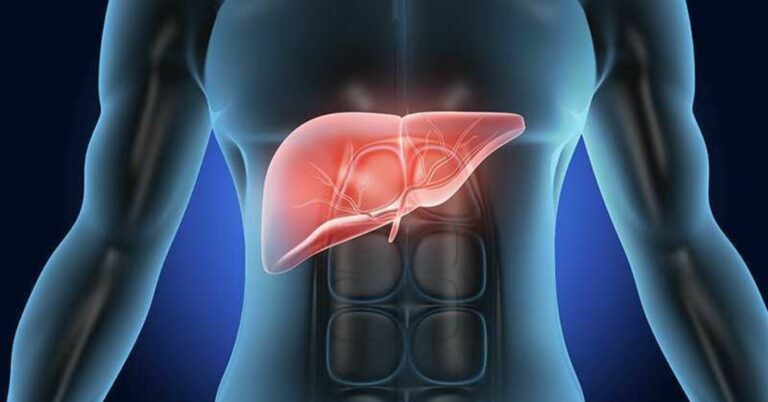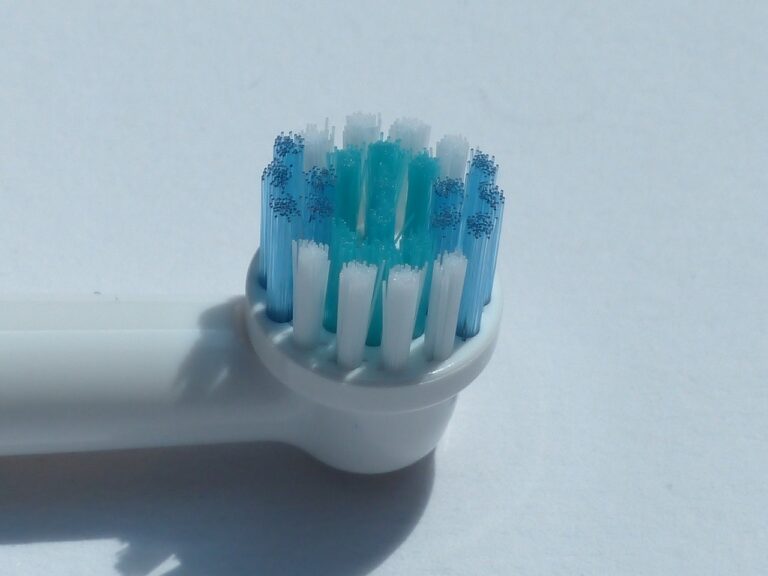The Role of Health Promotion in Urgent Care Settings
skyexchange, world 777, goldbet7:Health promotion plays a crucial role in urgent care settings, where patients often seek immediate medical attention for various health issues. Urgent care facilities are designed to provide efficient and timely care for individuals who require treatment for non-life-threatening conditions. While urgent care centers focus primarily on providing immediate medical services, they also play a vital role in promoting health and wellness among their patients.
Understanding the importance of health promotion in urgent care settings is essential for healthcare providers and patients alike. By integrating health promotion initiatives into urgent care practices, we can help prevent illness, promote healthy behaviors, and improve overall well-being. In this article, we will explore the role of health promotion in urgent care settings and discuss how it can benefit both patients and healthcare providers.
Promoting Healthy Behaviors
One of the primary goals of health promotion in urgent care settings is to encourage healthy behaviors among patients. Urgent care facilities provide an opportunity for healthcare providers to educate patients on the importance of maintaining a healthy lifestyle. By offering guidance on nutrition, exercise, stress management, and other lifestyle factors, healthcare providers can help patients make informed decisions about their health.
Through health promotion initiatives, urgent care facilities can empower patients to take control of their health and well-being. By promoting healthy behaviors such as regular exercise, balanced nutrition, and stress management techniques, healthcare providers can help prevent chronic diseases and improve overall quality of life for patients.
Preventing Illness
In addition to promoting healthy behaviors, health promotion in urgent care settings also focuses on preventing illness. Urgent care facilities can provide vaccinations, screenings, and preventive care services to help patients avoid common illnesses and health conditions. By offering flu shots, mammograms, cholesterol screenings, and other preventive services, urgent care centers can help patients stay healthy and detect potential health issues early on.
Preventive care services are essential for maintaining optimal health and well-being. By identifying risk factors and potential health concerns early, healthcare providers can work with patients to develop personalized strategies for preventing illness and maintaining good health. Through health promotion initiatives, urgent care facilities can play a critical role in keeping patients healthy and reducing healthcare costs associated with preventable diseases.
Supporting Chronic Disease Management
Another key aspect of health promotion in urgent care settings is supporting patients with chronic diseases. Many patients who visit urgent care facilities have ongoing health conditions that require ongoing management and care. By providing education, resources, and support for chronic disease management, healthcare providers can help patients navigate their health challenges and improve their quality of life.
Urgent care facilities can offer services such as diabetes management, hypertension monitoring, asthma education, and other programs to support patients with chronic diseases. By working closely with patients to develop personalized care plans and provide necessary resources, healthcare providers can help individuals with chronic conditions better manage their health and well-being.
Enhancing Patient Education
Health promotion in urgent care settings also involves enhancing patient education on various health topics. Healthcare providers can use urgent care visits as an opportunity to educate patients on specific health concerns, treatment options, and self-care strategies. By providing patients with accurate and relevant information, healthcare providers can empower individuals to make informed decisions about their health and well-being.
Patient education is a critical component of health promotion in urgent care settings. By offering clear and concise information on medical conditions, treatment plans, and preventive measures, healthcare providers can help patients take an active role in managing their health. Through effective patient education initiatives, urgent care facilities can promote health literacy, empower patients to advocate for their own well-being, and improve overall health outcomes.
Collaborating with Community Partners
Health promotion in urgent care settings often involves collaborating with community partners to enhance patient care and support wellness initiatives. By working with local organizations, schools, employers, and other stakeholders, urgent care facilities can promote health and well-being within the community. Through partnerships with community resources, healthcare providers can offer additional support services, outreach programs, and educational events to benefit patients and their families.
Community partnerships play a vital role in promoting health and wellness in urgent care settings. By building relationships with local organizations, urgent care facilities can expand their reach, improve patient access to essential services, and address community health needs. Through collaborative efforts with community partners, healthcare providers can create a more comprehensive approach to health promotion and offer holistic care to patients.
Evaluating Health Promotion Initiatives
Effective health promotion in urgent care settings requires ongoing evaluation and assessment of initiatives to determine their impact and effectiveness. Healthcare providers must measure the outcomes of health promotion programs, services, and interventions to identify areas for improvement and ensure that patients receive high-quality care. By collecting and analyzing data on health promotion initiatives, urgent care facilities can make informed decisions about their approach to promoting health and wellness.
Evaluation of health promotion initiatives allows healthcare providers to monitor patient outcomes, track progress towards health goals, and identify opportunities for growth. By assessing the impact of health promotion programs, urgent care facilities can refine their strategies, allocate resources effectively, and improve the overall quality of care provided to patients. Through continuous evaluation and feedback, healthcare providers can ensure that their health promotion efforts are making a positive difference in the lives of patients.
FAQs
Q: What types of health promotion initiatives are commonly offered in urgent care settings?
A: Health promotion initiatives in urgent care settings may include promoting healthy behaviors, preventing illness, supporting chronic disease management, enhancing patient education, and collaborating with community partners. These initiatives aim to improve patient health and well-being through education, preventive care services, and community outreach.
Q: How can patients benefit from health promotion in urgent care settings?
A: Patients can benefit from health promotion in urgent care settings by receiving education on healthy behaviors, access to preventive care services, support for chronic disease management, and increased health literacy. By promoting health and wellness, urgent care facilities can empower patients to take control of their health and make informed decisions about their well-being.
Q: What role do healthcare providers play in health promotion in urgent care settings?
A: Healthcare providers in urgent care settings play a crucial role in promoting health and wellness among patients. They offer guidance on healthy behaviors, provide preventive care services, support patients with chronic diseases, educate individuals on specific health concerns, and collaborate with community partners to enhance patient care and support wellness initiatives.
Q: How can urgent care facilities evaluate the effectiveness of health promotion initiatives?
A: Urgent care facilities can evaluate the effectiveness of health promotion initiatives by collecting and analyzing data on patient outcomes, tracking progress towards health goals, and assessing the impact of programs and services. By conducting regular evaluations, healthcare providers can identify areas for improvement, optimize their strategies, and ensure that patients receive high-quality care.
In conclusion, health promotion plays a critical role in urgent care settings by promoting healthy behaviors, preventing illness, supporting chronic disease management, enhancing patient education, and collaborating with community partners. By integrating health promotion initiatives into urgent care practices, healthcare providers can empower patients to take control of their health and well-being, improve health outcomes, and promote wellness within the community. Through continuous evaluation and feedback, urgent care facilities can ensure that their health promotion efforts are making a positive impact on patient care and overall well-being.







